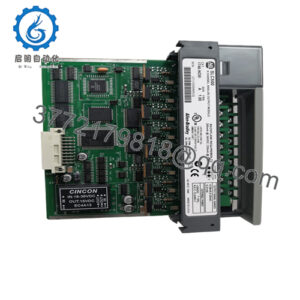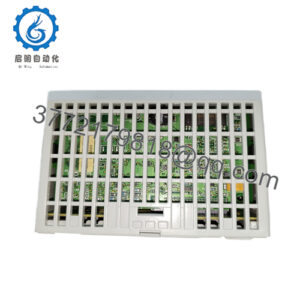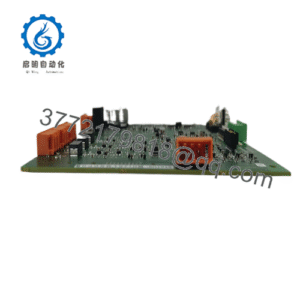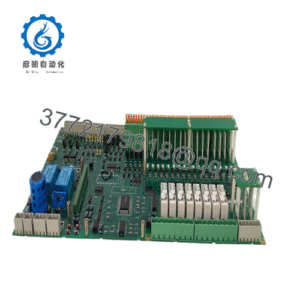Description
The Emerson 1C31192G01 is a high-precision speed detector module designed specifically for use within the Emerson Ovation Distributed Control System (DCS). It is widely applied in industrial automation environments requiring accurate rotational speed measurement and monitoring, such as power plants, water treatment facilities, and various manufacturing processes. The module’s ability to deliver reliable speed data makes it essential for optimizing machinery performance, enhancing process safety, and implementing effective control strategies where rotational speed is a critical parameter.
- 1C31192G01
The 1C31192G01 is particularly valuable in control systems where real-time speed monitoring and data output are necessary to maintain process integrity and regulatory compliance. It supports signal inputs from various industrial sensors and provides a precise 4-20 mA output signal, making it compatible with a wide range of control and monitoring devices. Engineers rely on this module for its accuracy and robust construction, which ensures consistent performance in harsh industrial conditions.
As a speed detector personality module, the Emerson 1C31192G01 serves the function of sensing and processing rotational speed data from mechanical equipment such as motors, turbines, and pumps. By converting this mechanical speed into electronic signals, it plays a pivotal role in the overall feedback and control loop within the Ovation control system.
The module offers versatility through its support of different speed sensors and provides error detection features alongside diagnostic capabilities. Its compact design allows for easy integration into existing control architectures, while its compatibility with the Ovation DCS ensures that speed data is seamlessly communicated to the central control system. This module enhances system reliability by enabling proactive monitoring and timely maintenance interventions.
Technically, the 1C31192G01 supports a speed detection range from 0 to 10,000 RPM with an accuracy of ±0.1% of the reading, ensuring precise measurements. Its output is a standard 4-20 mA current loop, facilitating straightforward connection to industrial controllers and SCADA systems. The module is designed to operate reliably in temperatures ranging from -40°C to +85°C, and it consumes power within typical input voltages of 12 to 48 VDC.
Its robust stainless steel housing provides durability against environmental factors commonly found in industrial settings. The module’s lightweight and compact form factor, measuring approximately 130 mm by 100 mm by 70 mm and weighing about 0.5 kg, make it suitable for installation in confined control cabinets or enclosures.
| Parameter | Value |
|---|---|
| Model | 1C31192G01 |
| Brand | Emerson |
| Product Type | Speed Detector Personality Module |
| Speed Detection Range | 0 to 10,000 RPM |
| Accuracy | ±0.1% of Reading |
| Output Signal | 4-20 mA Current Loop |
| Input Voltage | 12 to 48 V DC |
| Operating Temperature | -40°C to +85°C |
| Weight | Approx. 0.5 kg |
| Dimensions | 130 mm x 100 mm x 70 mm |
| Housing Material | Stainless Steel |
| Certification | Industrial automation standards |
Related Emerson Ovation modules compatible with the 1C31192G01 include:
1C31203G01 – Remote Node Controller for managing remote I/O communications within the Ovation DCS.
1C31204G01 – Remote node variant with fiber optic communication features.
1C31219G01 – 16-channel relay output module used for output control expansion.
1C31224G01 – Analog input module supporting current and voltage data acquisition.
1C31190G01 – Speed reference module often used alongside speed detector modules for enhanced control.
Installation of the Emerson 1C31192G01 requires mounting within control panels or protective enclosures that offer protection from moisture, dust, and mechanical vibration. Shielded cabling for sensors and outputs is recommended to minimize electrical interference and ensure signal integrity. Proper grounding and adherence to local electrical codes are essential for safe and reliable operation.
Maintenance best practices include regular inspection of wiring and connectors, firmware updates aligned with system protocols, and diagnostic checks using Ovation system tools to preemptively identify faults. The module’s diagnostic features assist in scheduling timely maintenance, enhancing system availability and reducing unexpected downtime.

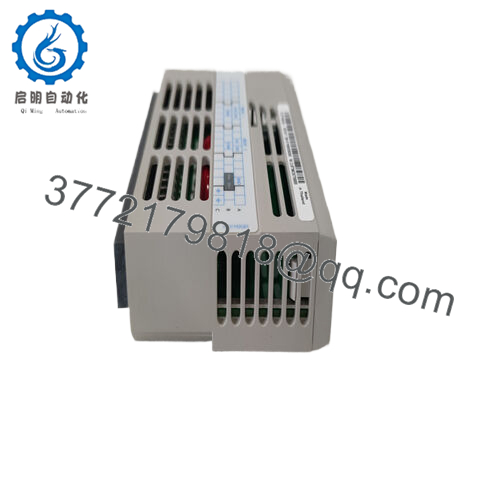
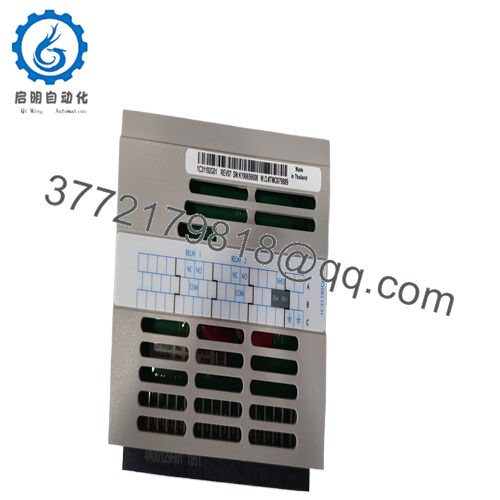
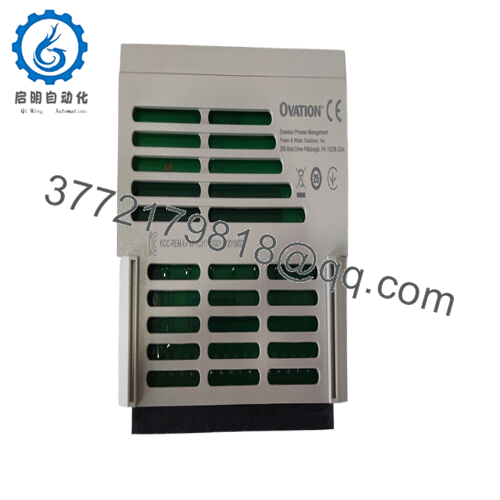
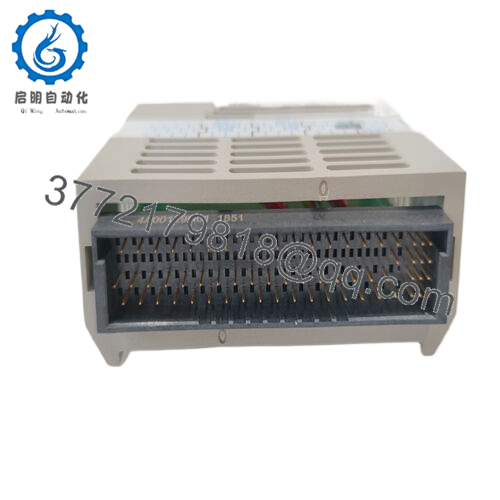
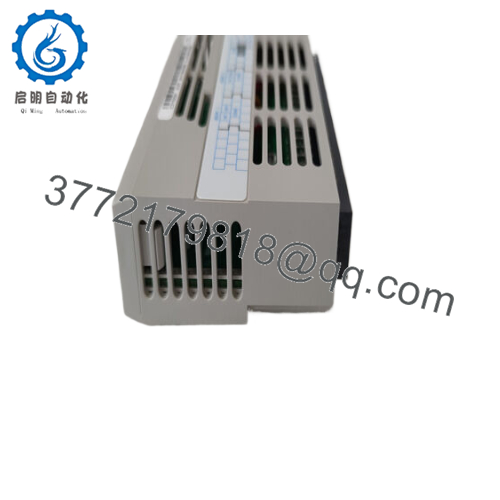
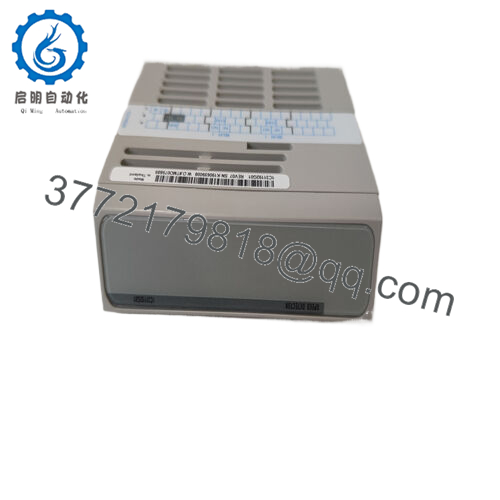
 WhatsApp: +86 16626708626
WhatsApp: +86 16626708626 Email:
Email:  Phone: +86 16626708626
Phone: +86 16626708626